In the heart of the Islamic world lies a sacred oasis, a symbol of unity and devotion that captivates the hearts of millions. The magnificent Al-Haram Mosque, located in the city of Mecca, Saudi Arabia, serves as the ultimate destination for pilgrims around the globe. Standing tall and proud, it welcomes believers with open arms, offering solace, tranquility, and an opportunity to connect with the divine.
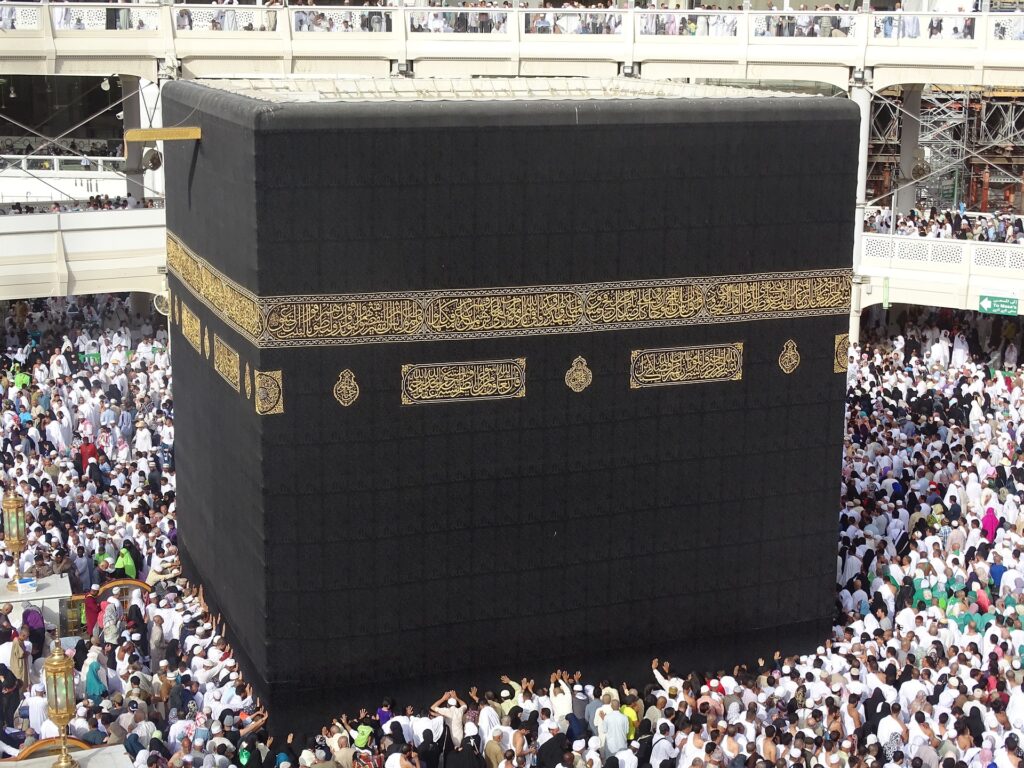
Spread across an awe-inspiring area of 356,000 square meters, this Mosque is Islam’s holiest site. Its construction traces back to the time of Prophet Ibrahim and his son Ismael, as Muslims believe it to be the birthplace of monotheism. Over the centuries, it has served as a sanctuary, having undergone numerous expansions and renovations to accommodate the increasing number of pilgrims visiting each year. Today, it stands as a testament to the strength of faith and the beauty of Islamic architecture.
The first sight of this Mosque leaves visitors in utter awe. The towering structure of the Sacred Kaaba, the focal point of this beautiful complex, holds the power to render one speechless. Cloaked in a simple black cover, it stands as a representation of the unity of believers, regardless of their nationality or social status. Its magnetic pull is irresistible, drawing Muslims from every corner of the world to seek solace within its walls.
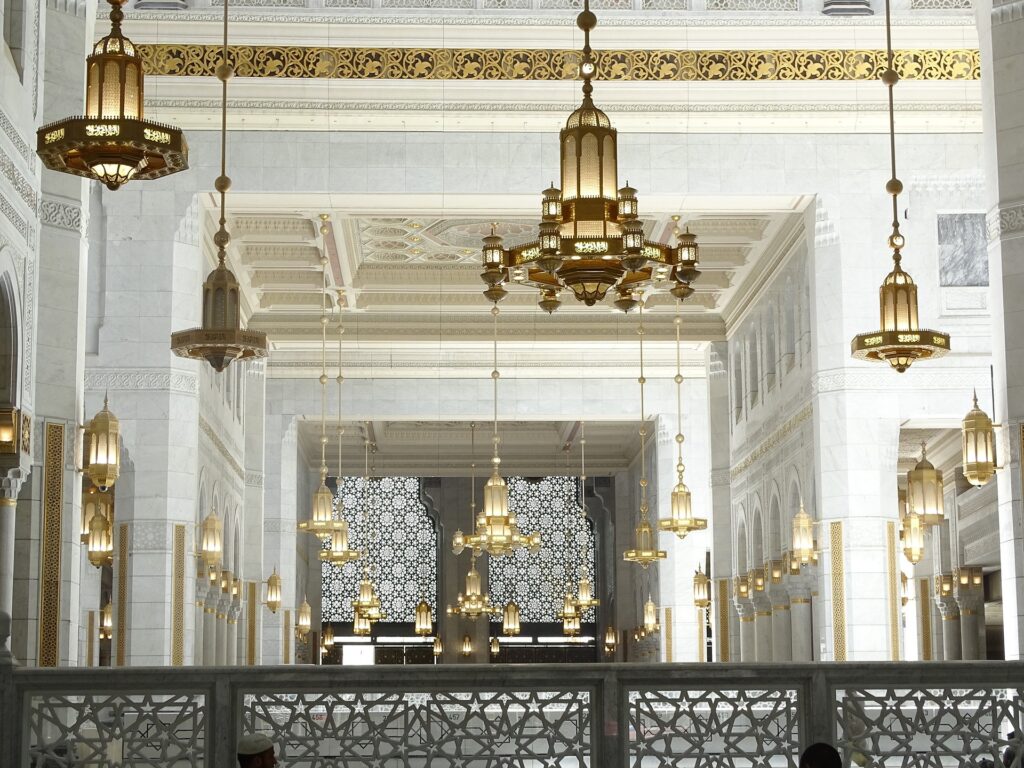
As one enters the mosque, a wave of peace and tranquility engulfs the senses. The sound of prayers echoes throughout the corridors, blending in harmoniously with the recitation of the holy Quran. The air is charged with spirituality, an invisible bond that unites worshippers in their devotion to Allah. Men and women clad in plain white clothing, stripped of any worldly distinctions, come together in harmony, forming a sea of believers bowing and prostrating in unison.
More:Read about on Visit The Red Fort and Jama Masjid in Old Delhi
The sheer scale and magnificence of this Mosque is unparalleled. The multilevel complex can accommodate millions of worshippers, making it the largest mosque in the world. Its architectural beauty is a testament to the creativity and skill of Muslim architects and craftsmen throughout history. Intricate calligraphy, exquisite geometric patterns, and breathtaking domes adorn the sanctuary, showcasing the splendor of Islamic art.
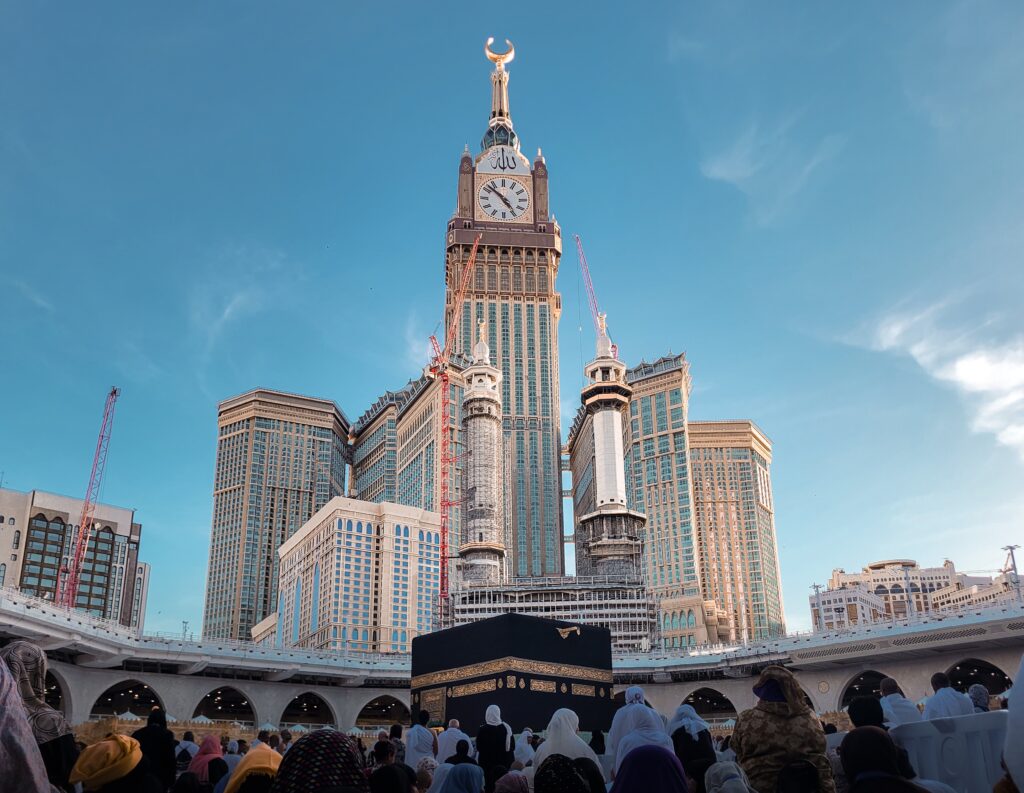
One of the most enriching experiences within this Mosque is the circumambulation, known as Tawaf, around the Kaaba. Pilgrims walk in a counterclockwise direction, moving with the rhythm of their prayers and the energy of the crowd. The circular movement represents the eternal nature of Allah, while the unity in motion symbolizes the universality of Islam. As one joins the throngs of worshippers during Tawaf, a profound sense of belonging and unity prevails, creating a powerful connection to the divine.
Praying in Al-Haram Mosque is an experience like no other. The congregational prayers, known as Salat al-Jama’ah, are held five times a day, bringing worshippers together to fulfill their duty to Allah. Standing shoulder to shoulder, regardless of their social standing, language, or ethnicity, Muslims unite in their submission and reverence to Allah.
The spiritual essence of praying within the grandeur of Al-Haram Mosque is beyond words. The spiritual journey that pilgrims embark on within its sacred walls transcends the physical realm, bringing them closer to the presence of Allah. The significance of this experience can be felt deeply, as prayers are lifted to the heavens amidst the collective devotion of millions of believers.
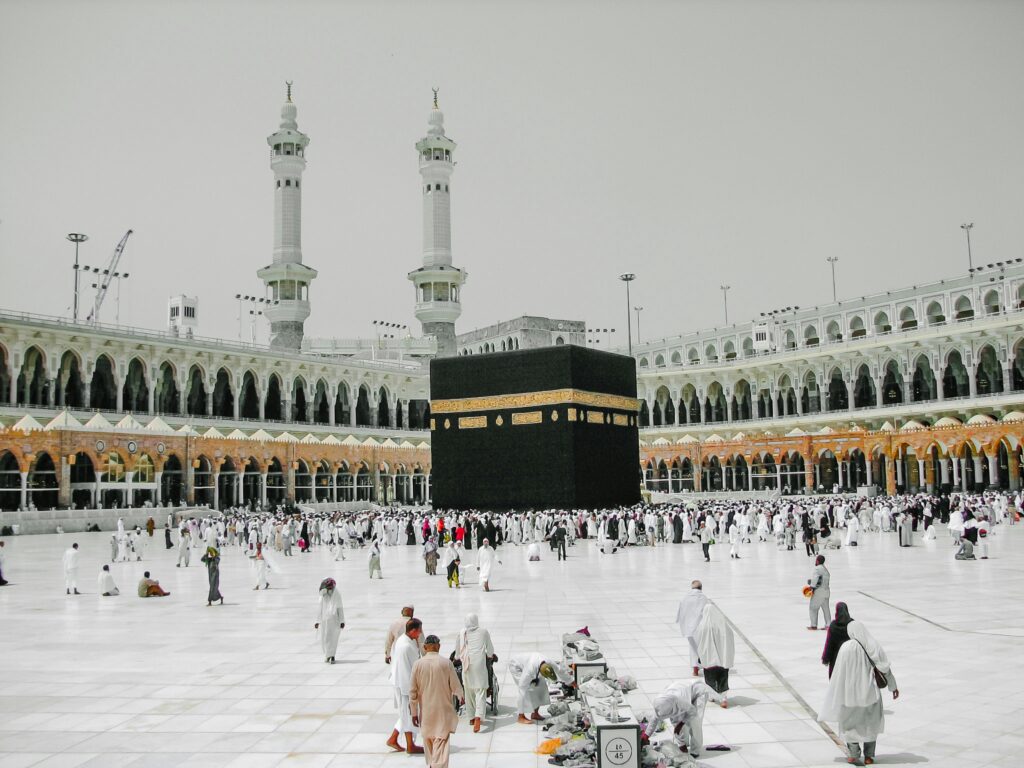
As the sun sets over Al-Haram Mosque, casting a golden glow upon its minarets, an ethereal ambiance envelops the sanctuary. The night prayers, known as Taraweeh, offer a unique opportunity to experience the serenity and beauty of the mosque at its peak. The voices of the Imams reverberate through the air, guiding worshippers in prayers that touch the soul and ignite a fervent connection with the divine.
More: Wanted to download Odisha Magazines, visit here
The spiritual journey of praying in the grandeur of Al-Haram Mosque is a life-altering experience. It is a reminder of the oneness of mankind and the power that lies within the unity of believers. The sense of awe and reverence that fills the air is a testament to the unbreakable bond between the Creator and His creation. It is an opportunity to shed the worldly burdens and immerse oneself completely in the eternal embrace of Allah’s blessings and mercy.
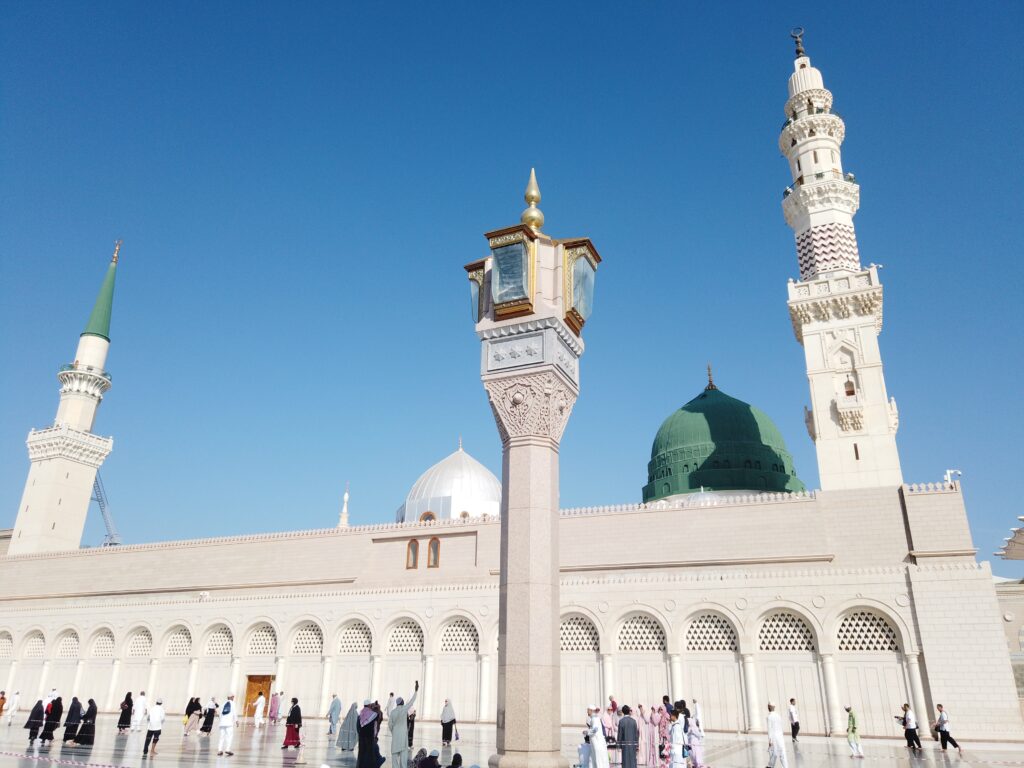
In conclusion, this Mosque stands as a beacon of spiritual splendor, surpassing physical boundaries to touch the souls of millions. Its grandeur, magnificence, and sacredness create an environment that fosters deep spiritual connections and moments of transcendence. Praying within its walls is an experience that transforms, leaving an indelible mark on the hearts and minds of pilgrims. It is a journey of self-discovery, unity, and devotion, reaffirming one’s purpose and strengthening the bond between the Creator and His creation. Al-Haram Mosque truly embodies the essence of spiritual splendor, serving as a testament to the beauty and power of faith.
FAQ For Praying in the Grandeur of Al-Haram Mosque
What is Spiritual Splendor?
Spiritual Splendor is a transcendent experience that allows you to pray in the grandeur of Al-Haram Mosque, the holiest mosque in Islam located in Mecca, Saudi Arabia.
What is the significance of Al-Haram Mosque?
Al-Haram Mosque, also known as the Great Mosque of Mecca, holds immense significance to Muslims worldwide. It contains the Kaaba, a sacred black cube-shaped structure toward which Muslims pray as part of their religious duties.
Can anyone visit Al-Haram Mosque?
Al-Haram Mosque is primarily open to Muslims for prayers and religious rituals. However, non-Muslims are generally not permitted to enter the mosque itself but can visit certain areas around it.
What is the best time to pray at Al-Haram Mosque?
Muslims visit Al-Haram Mosque throughout the year, but the most significant time to pray is during the holy month of Ramadan and the annual Hajj pilgrimage. Praying at these times allows for a deeply spiritual and communal experience.
How do I prepare for praying at Al-Haram Mosque?
It is essential to familiarize yourself with Islamic customs and practices before visiting Al-Haram Mosque. As a non-Muslim, you can observe and respect the surroundings by dressing modestly, removing shoes before entering certain areas, and maintaining a solemn atmosphere.
Are there any rules or guidelines to follow while at Al-Haram Mosque?
Yes, there are specific rules and guidelines that must be followed. These include appropriate dress attire, maintaining quietness, refraining from photography or recording in certain areas, and observing the sanctity of the mosque.
Can I take a guided tour of Al-Haram Mosque?
Guided tours are not typically available within Al-Haram Mosque itself. However, there are informative resources and audio guides available that provide insights and historical information about the mosque and its surroundings.
What other attractions are there near Al-Haram Mosque?
Near Al-Haram Mosque, you can explore various historical sites and landmarks in Mecca, such as the Zamzam Well and the Abraj Al Bait Towers. The city also offers a vibrant cultural experience with traditional markets and local cuisine to discover.
How can I ensure a respectful and meaningful experience at Al-Haram Mosque?
To ensure a respectful and meaningful experience, it is crucial to educate yourself about Islamic customs and practices beforehand. Showing reverence, keeping noise to a minimum, and being mindful of fellow worshippers’ space contribute to a peaceful and profound atmosphere.
Is there any dress code to follow while visiting Al-Haram Mosque?
Yes, there is a specific dress code to follow while visiting Al-Haram Mosque. Both men and women should dress modestly, with women covering their heads and wearing loose-fitting attire that conceals the body. Men should also dress modestly, avoiding shorts and sleeveless shirts.
Are there any restrictions or limitations for visitors at Al-Haram Mosque?
Yes, there are restrictions and limitations to ensure the safety and sanctity of the mosque. These may include regulated entry times, crowd control measures, and restrictions on certain areas of the mosque, especially during peak pilgrimage seasons.

